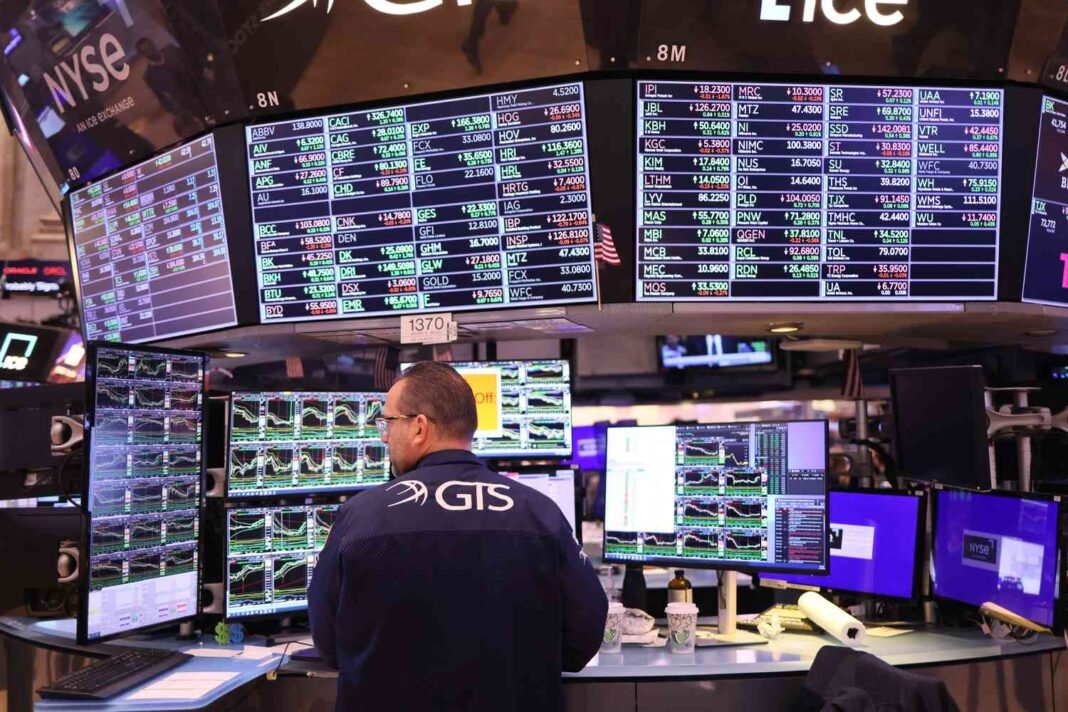Tariffs and Inflation Set to Shake Markets in 2025, Says JPMorgan
Global markets are off to a rocky start in 2025, with new U.S. tariffs triggering financial turbulence. According to a JPMorgan Chase & Co. trading survey, this is just the beginning of a volatile year.
The survey reveals that traders see inflation and tariffs as the biggest market movers, followed by geopolitical tensions. Notably, 41% of respondents cited market volatility as their biggest trading challenge, a sharp rise from 28% last year.
Surprising Market Reactions
What makes this year different is the unexpected timing of market swings, says Eddie Wen, JPMorgan’s global head of digital markets. “Markets are reacting to news surprisingly, and we expect this trend to continue.”
The uncertainty surrounding tariffs has left traders on edge, unsure how different asset classes will be affected. JPMorgan surveyed over 4,200 institutional traders before President Trump introduced new tariffs that shook global markets.
Currency Markets on High Alert
The Mexican peso and Canadian dollar have already seen wild swings. On Monday, the peso fell nearly 3% before rebounding, while the Canadian dollar dropped before recovering. According to JPMorgan’s Chi Nzelu, these sharp moves drive increased trading across hedge funds and retail markets.
Interest Rates and Inflation Risks
Investors worry that higher import costs could fuel inflation, making it unlikely that the Federal Reserve will cut interest rates further this year. Trump initially planned 25% tariffs on Canadian and Mexican goods, putting them on hold after negotiations. However, a 10% tariff on Chinese imports has taken effect, with the White House leaving room for adjustments.
Rise of Electronic Trading
Every trader surveyed expects to increase their electronic trading activity, a trend that has grown across asset classes. Traders now rely on multiple platforms to quickly react to weekend tariff announcements and rebalance portfolios.
Regarding trading platforms, 38% prefer multi-dealer venues, 28% opt for single-dealer platforms, and 34% use both. Lower execution costs and data security are top priorities for traders.
Crypto Trading Remains Limited
Despite Bitcoin’s record highs post-election, 71% of traders have no plans to trade cryptocurrencies. However, the White House is reportedly exploring a “Bitcoin reserve”, signalling potential policy shifts in digital assets.
“Recent policy changes suggest the administration is more open to traditional banks entering the crypto space,” says Wen. While details remain scarce, JPMorgan is closely monitoring developments.
With tariffs, inflation, and global tensions in play, 2025 is shaping up to be one of the most unpredictable years for traders.
This content was originally published at Economicstime




